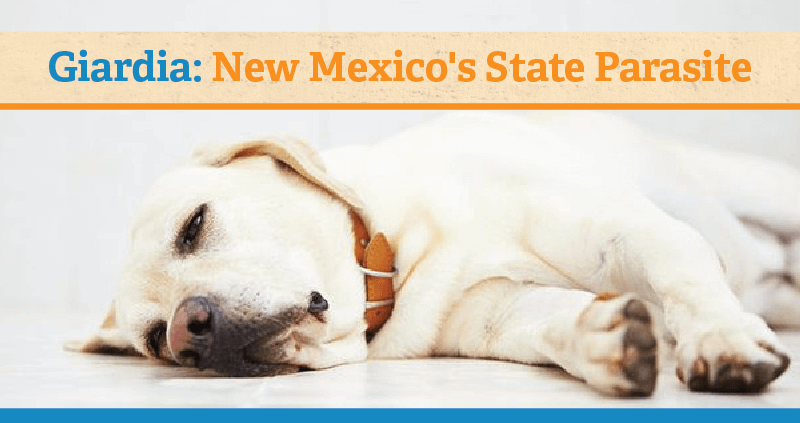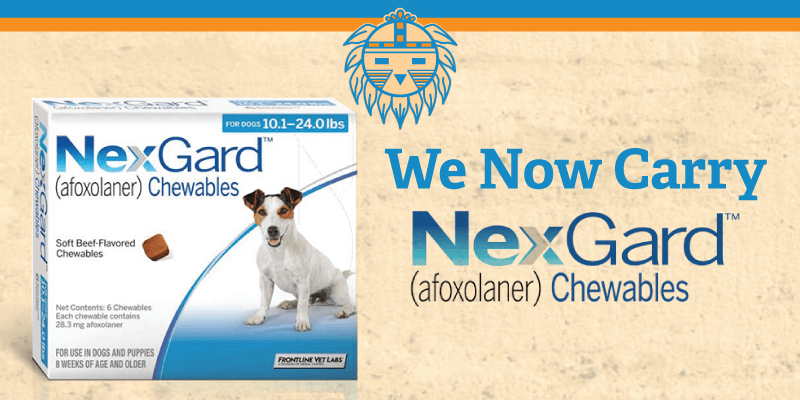
Many cats suffer from inflammatory bowel disease (IBD), and it is common for this condition to go untreated for years. Vomiting and diarrhea are never normal, and cats who suffer from one of these signs on a regular basis should be evaluated—even vomiting due to hairballs is not normal. Although hairballs can irritate the stomach, most cats with normal gastrointestinal (GI) tracts will process these and pass them in feces.
Some cats with IBD show neither vomiting nor diarrhea and may only have weight loss symptoms despite a normal appetite. IBD can affect any segment of the GI tract and the clinical signs that ensue depend on what portion of the tract is affected. Vomiting happens when the stomach and the first part of the small intestine is affected while diarrhea results from the colon being involved. When only the middle part of the small intestine is affected it is possible to have weight loss without vomiting or diarrhea. Continue Reading












